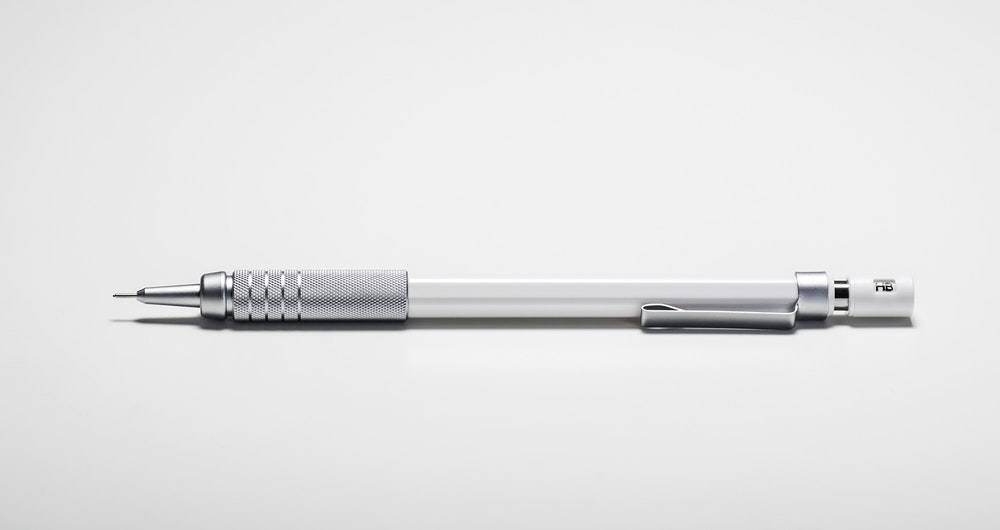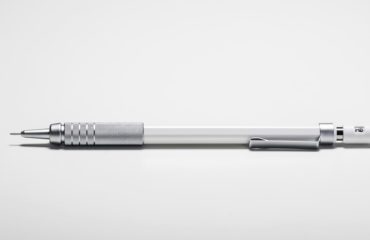• For every occasional purchases of a significant value, a quotation is received from the supplier.
• Generally, to have a fair comparison among various suppliers, at least three quotations are sought from three different suppliers.
• The company must fix up for which type of products/services and for which minimum amount quotations will be required.
• For very small amounts, a quotation process is not necessary and hence such purchases are directly handled by the purchase department through supplier price lists which are approved regularly by the appropriate authorities in the company. E.g. for stationery or other consumables where products are many and requirements keep coming frequently. In such cases, the supplier gives a price list for all the products available with them along with the validity period of the rates.
• A quotation is a formal document stating the rate, taxes, terms of sale, warranties, shipping information etc.
• It is an estimate from the supplier promising to deliver the goods at a specific rate.
• A quotation is valid for a specific period, during which the rate cannot be revised.
• For regular and frequently recurring bulk purchases, a quotation is not required every time a PO is issued. In such cases, usually a rate contract is signed with the supplier.
• A rate contract is a type of a quotation which remains in effect for a longer period unlike a quotation which is generally for a single transaction.
(Expert advice to GROW your business wherever you are, whenever you want.
SMEBusinessGuide.com… https://goo.gl/E3pfoQ)
WHAT YOU CAN READ NEXT
NEXT POST:

Pro-forma Invoice
PREVIOUS POST:

Purchase Requisition





